Forgiveness is a powerful and transformative spiritual practice that holds deep meaning for individuals on their personal growth and healing journey. It is a process of letting go of resentment, anger, and the desire for revenge towards those who have caused harm or hurt us. While forgiveness may seem challenging at times, it is essential for our own well-being and spiritual development.
The Essence of Forgiveness
At its core, forgiveness is an act of releasing ourselves from the emotional burdens of past grievances. It is about freeing ourselves from the negative energy that keeps us tied to the pain and suffering caused by others. When we forgive, we choose to let go of resentment and open ourselves up to love, compassion, and healing.
The Transformative Power of Forgiveness
Forgiveness has the power to liberate us from the chains of bitterness and resentment. By forgiving, we acknowledge our own worth and take responsibility for our own happiness. It allows us to break free from the cycle of negativity and create space for positive emotions such as love, joy, and inner peace.
Moreover, forgiveness fosters deeper connections in our relationships. It can help repair damaged bonds and foster understanding and empathy. When we forgive others, we also cultivate self-compassion and self-forgiveness, which are essential aspects of personal growth and emotional well-being.
The Spiritual Journey of Forgiveness
The spiritual meaning of forgiveness lies in its ability to align us with higher states of consciousness and divine grace. Through forgiveness, we rise above our ego-driven perspectives and tap into the wisdom and compassion of our higher selves. It is an invitation to release judgment and embrace unconditional love.
Forgiveness is not about condoning or forgetting the actions of others; it is about healing and releasing ourselves from the burdens of pain, resentment, and anger. It is an act of surrendering our need for control and allowing the divine order to guide us towards growth and transformation.
The Practice of Forgiveness
Incorporating forgiveness into our daily lives requires dedication and commitment. It involves a willingness to let go of negative emotions and replace them with compassion and understanding. Here are some practices that can support us on our journey of forgiveness:
1. Self-reflection: Take time to reflect on the pain and emotions associated with past grievances. Recognize the impact they have on your well-being and consider the possibility of forgiveness.
2. Empathy and compassion: Try to understand the perspective and circumstances of the person who caused harm. Recognize their humanity and inherent capacity for growth and change.
3. Letting go: Release the need for control and surrender to the process of forgiveness. Allow yourself to experience the healing power of letting go.
4. Self-care: Engage in self-care practices that nurture your well-being and support your emotional healing. This may include seeking therapy, practicing mindfulness, or engaging in activities that bring you joy and peace.
Closing Thoughts
The spiritual meaning of forgiveness extends beyond personal growth and healing; it has the potential to transform our relationships and bring about profound change in the world. As we forgive, we contribute to a collective consciousness of love and acceptance, inspiring others to embark on their own journey of forgiveness. Let us embrace forgiveness as a sacred practice and allow it to illuminate our path towards greater spiritual evolution and unity.
The Power of Forgiveness: Unlocking Spiritual Growth
The Power of Forgiveness: Unlocking Spiritual Growth
Forgiveness is a powerful tool that can transform our spiritual journey. It is an act of releasing resentment, anger, and hurt towards ourselves and others. By forgiving, we open ourselves up to healing, love, and inner peace.
When we hold onto grudges and refuse to forgive, we create a barrier between ourselves and our spiritual growth. We become trapped in negative emotions and patterns that hinder our progress. However, when we choose forgiveness, we break free from these chains and allow ourselves to experience true spiritual liberation.
Forgiveness is not an easy task. It requires courage, compassion, and empathy. It means letting go of our ego and embracing a higher understanding of ourselves and others. It doesn’t mean condoning the actions of others, but rather, acknowledging their humanity and choosing to move forward with love and forgiveness.
By forgiving, we release the burden of carrying grudges and resentments. We let go of the past and open ourselves up to new opportunities and experiences. We create space for transformation and growth, both spiritually and emotionally.
Forgiveness also allows us to deepen our connection with something greater than ourselves. Whether we call it God, the Universe, or simply our Higher Self, forgiveness aligns us with the divine essence within us. It reminds us of our inherent goodness and connects us to the universal energy of love and compassion.
In conclusion, forgiveness is a powerful tool for unlocking our spiritual growth. It requires strength, openness, and a willingness to let go of the past. By choosing forgiveness, we free ourselves from negative emotions, open ourselves up to healing, and deepen our connection with our spiritual essence. Embracing forgiveness allows us to embark on a transformative journey towards greater love, peace, and enlightenment.





